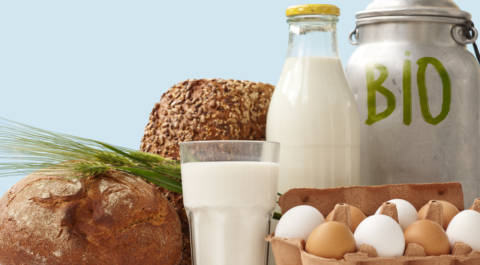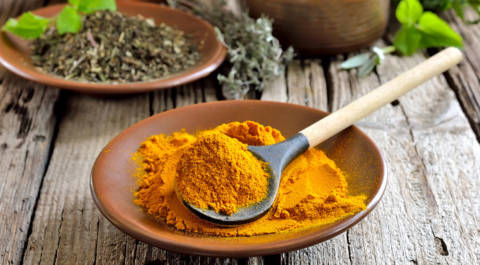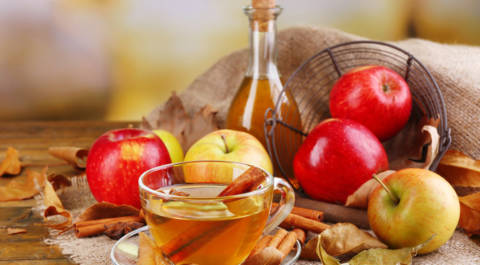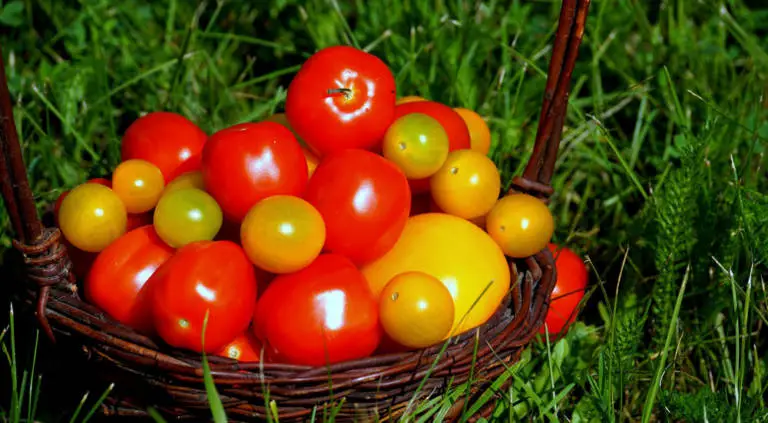
Organic food may not be more nutritious overall, as recent research has suggested, but since it tends to be fresher and contain less harmful chemicals, according to Help Guide, it's still worthy of a part in your child's diet.
Like Organic Soul on Facebook
Keep reading to learn more about organic foods and which ones are the most important.
What Does Organic Really Mean?
An organic food can't be irradiated or genetically modified. It will have less chemical pesticides and fertilizers and won't have any sludge from sewage. Livestock that's labeled organic is fed natural feed without animal byproducts and has access to pastures.
Access to pasture appears to boost the fatty acid profiles of meats and milk, according to Research Gate and a study published in PLOS. Organic livestock is raised without growth hormones or antibiotics, and the use of the latter has been linked to the increase of drug-resistant organisms, as cited by the journal of the American Academy of Pediatrics.
While the jury is still out on genetically modified organisms in food, organic products don't contain these either. The effect of eating food with pesticides on children is also still being studied, but some research raised the possibility that higher pesticide levels in children could be a factor in neurological conditions, diabetes and more.
A 2008 study published in the International Journal of Occupational Medicine and Environmental Health, for example, called for more research into the potential link between ingested pesticides and developmental problems in children.
Which Foods To Change
As explained by Protected Harvest, produce is assigned a dietary risk index (DRI) score based on its pesticide toxicity by the Environmental Protection Agency. The lower the score for food is, the better it is for your children.
Each year, the Environmental Working Group (EWG) publishes a list of the produce with the most pesticides based on DRI scoring, so you can check back annually to see if anything's changed.
Naturally, organic food is more expensive and not always widely available in all areas, so you may want to focus on switching out the foods known to have the most pesticides first. Start with the common “dirty” foods listed below.
Aim For Apples
Apples are a favorite among kids, with CNN reporting that these crisp fruits were consumed by close to 19 percent of all the children in the US in 2015. But a traditional apple carries a DRI score of 27, while organic apples only have a score of 1.
Say Hello To Strawberries
A traditionally grown strawberry has a high DRI of 48. Organic strawberries, by comparison, only have a score of 1.
Pile On Potatoes
An organic potato has a DRI of 1, compared to the DRI of 27 assigned to conventionally grown potatoes. The EWG also says that a typical potato has more pesticide by weight than other produce items.
Turn On Tomatoes
A cherry tomato can have as many as 13 different types of pesticide residue. Even if your child isn't a big tomato eater, they probably enjoy ketchup, so consider organic ketchup if this condiment is a staple in your home.
Move On Milk
With milk, aim for organic or rBST-free and rBGH-free. Since organic milk has better fatty acid composition, it can give more health benefits to children, infants, pregnant women and people who have an increased heart disease risk.
Make Room For Meat, Poultry And Eggs
As mentioned with organic milk, the improved fatty acid composition in organic eggs, meat and poultry can boost immune and heart health. Some common pesticides, such as organochlorine, do accumulate in conventional milk, eggs and fatty meat tissues.
Switch Your Soy
A non-organic soy item may contain GMOs. Stick to organic soy, including for your tofu.
Pick Up Peanuts And Peanut Butter
Peanuts don't have the hard shells that nuts do and are actually part of the legume family. A conventionally grown peanut, therefore, is treated with pesticides. As with eggs, milks and meats, some pesticides can accumulate in the fatty plant foods like peanuts. As peanut butter tends to be a staple for many kids, consider switching to an organic variety to minimize your child's exposure to pesticides.
Organic Food Buying Tips
Since organic foods often cost more to produce than their conventional counterparts, they do tend to be more expensive. You can save money by checking out major chain stores instead of just hitting up specialty stores, as many now have organic lines.
Buying things in bulk will also save you money, but you need to know approximately how much will be consumed over a certain period of time so you don't end up wasting food. Track your household's eating habits for two weeks so you have an idea of how much you should buy when you go bulk shopping.
Local farmers may also offer organic foods at much better prices than you'll find in stores. Check out the local farmer's markets for some good deals on in-season organic produce. A local organic farm may also offer “pick your own” deals, where you visit the farm and pick your produce yourself for a set price per amount.
You can see if there is a Community-Supported Agriculture (CSA) initiative in your area. Under this arrangement, you pay a set price upfront for a share in the farmer's crops. You don't get to pick what you want, but you will get more for less.
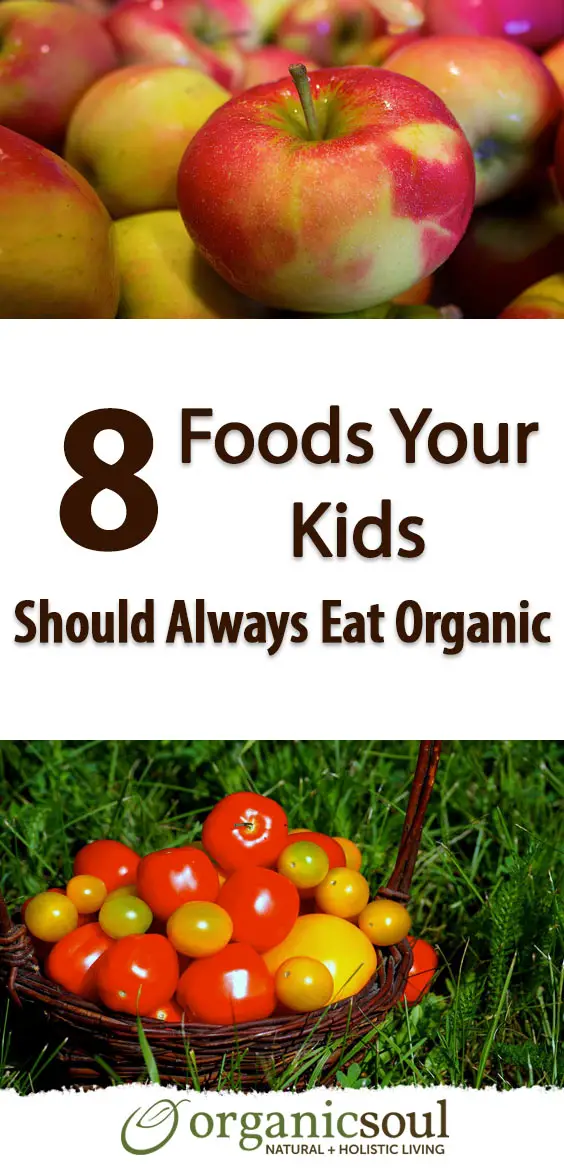 Find out what you will get each season before you agree to take part in a CSA. If you like the selection but worry about getting too much at one time, see if you can share your portion with your family, friends or neighbors.
Find out what you will get each season before you agree to take part in a CSA. If you like the selection but worry about getting too much at one time, see if you can share your portion with your family, friends or neighbors.
If you're into gardening, consider growing some of your own produce for your kids to enjoy. You'll know the items are truly organic, and the cost is more your time than anything else. Encourage your children to help so they feel the sense of accomplishment that comes with eating foods you grew yourself.
Read up on organic farming practices so you can help your plants thrive without resorting to chemicals or other non-organic methods. Even if you don't have a yard or any green space, you can have potted tomatoes and even spices on a windowsill or balcony.
Always make sure you read labels carefully on anything you're buying. Some packages or produce will be clearly marked with an organic certification, but others may not be so easy to verify at first glance. If you have concerns, speak to the store manager at the grocery store you're in or to the person you're buying the item from.


